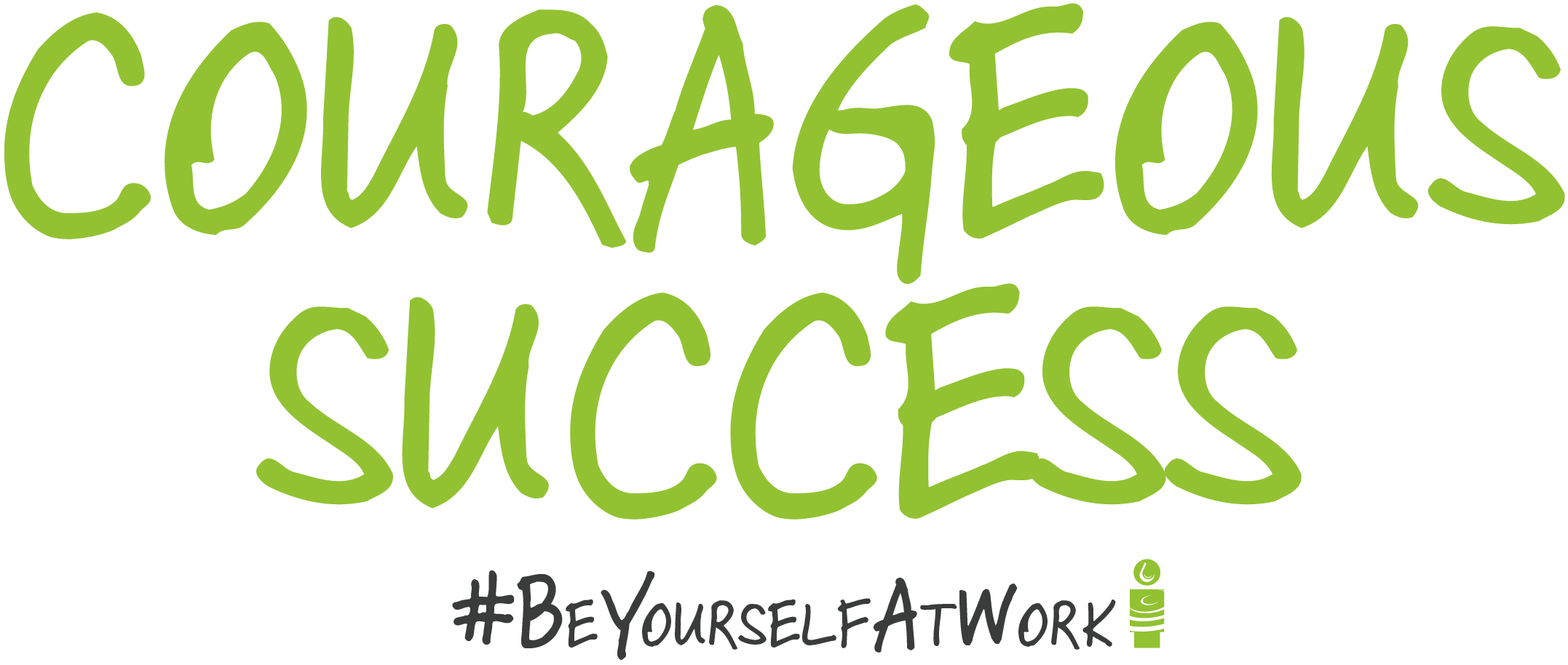There are many self-help lists around that espouse the 7, 10 or maybe 12 habits to a more successful life or of a successful (insert preferred inspirational role model here!).
When was the last time you tried to create a new habit, and how long did it last? We know that habit forming can be hard, according to research (by US Uni Scranton) just 8% of New year resolutions actually stick.
Habits can be really helpful. A Forbes article recently discussed the book ‘The Power of Habit’ by Charles Duhigg, “…when you develop a habit, the brain starts working less and less,” says Duhigg. “The brain can almost completely shut down. … And this is a real advantage because it means you have all of this mental activity you can devote to something else.”
But, we can all fall into habitual behaviour which may not be good for us, many of these routines or habits become our ‘comfort blankets’ and excuses to stay risk averse, not look to change ourselves, to avoid action and real engagement.
We know that we all use words and phrases like ‘doubting’, ‘worrier’, ‘overthinking’, ‘lacking confidence’, ‘being over sensitive’ and ‘insecure’, when describing ourselves. It’s easy to blame these feelings on our surroundings and what may or may not happen to us; ‘if I move jobs / move house / get a new car / have a holiday .. I will feel better about myself’, without thinking about what we can do to change it. These thoughts act like barriers in our minds, stopping us doing things and embracing opportunities – reducing our courage. We doubt ourselves and fear failure, so we stick to safe, and can get stuck in unhelpful ways of being, doing or thinking.
How many of us are stuck in this way, stopping us getting the best out of our situation and lives? How many of us press ‘delete’ and ignore personal development blogs and posts (like this one!) OR have actually thought about and actioned some of the hints and tips – investing time in us?
Creating new good habits really can help us. New habits actually re-wire our brains, so that the new habit becomes automatic behaviour.
The Forbes article shares Duhigg’s ‘habit loop’; “MIT researchers discovered a simple neurological loop at the core of every habit, a loop that consists of three parts: a cue, a routine and a reward. The cue tells your brain to go into automatic mode and lets a behaviour unfold. The routine is the behaviour itself. And the reward is something that your brain likes, that helps it remember the “habit loop” in the future.”
81% of Courageous Success clients say ‘I now feel I have the power to change my workplace.’
We all can.
Courageous Success clients gain a shift in perspective from iAM Values – understanding the real you at heart – what drives and motivates you, understanding that you can choose your response to what you are experiencing, re-framing and maintaining personal power.
Are you stuck with some unhelpful habits or want to develop new ones?
Step back and think about what it is you would like to change, do better, or bring into your life.
From Duhigg’s research, to create a new habit you need a goal (what new habit you want to achieve), a cue to create the habit, and a reward once you’ve achieved it. Even small steps and changes can make a big difference, and just imagine the rewards!
Inspired? What action will you take, what new habit will you create?
